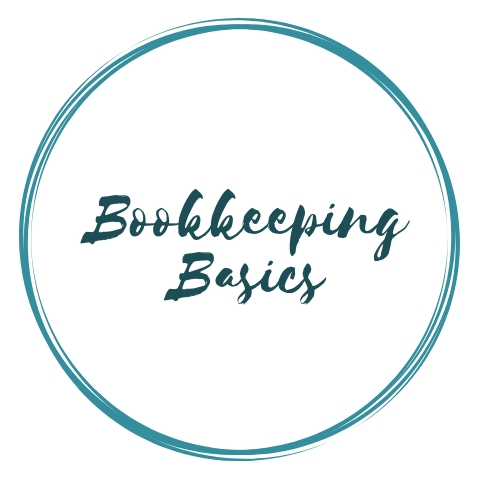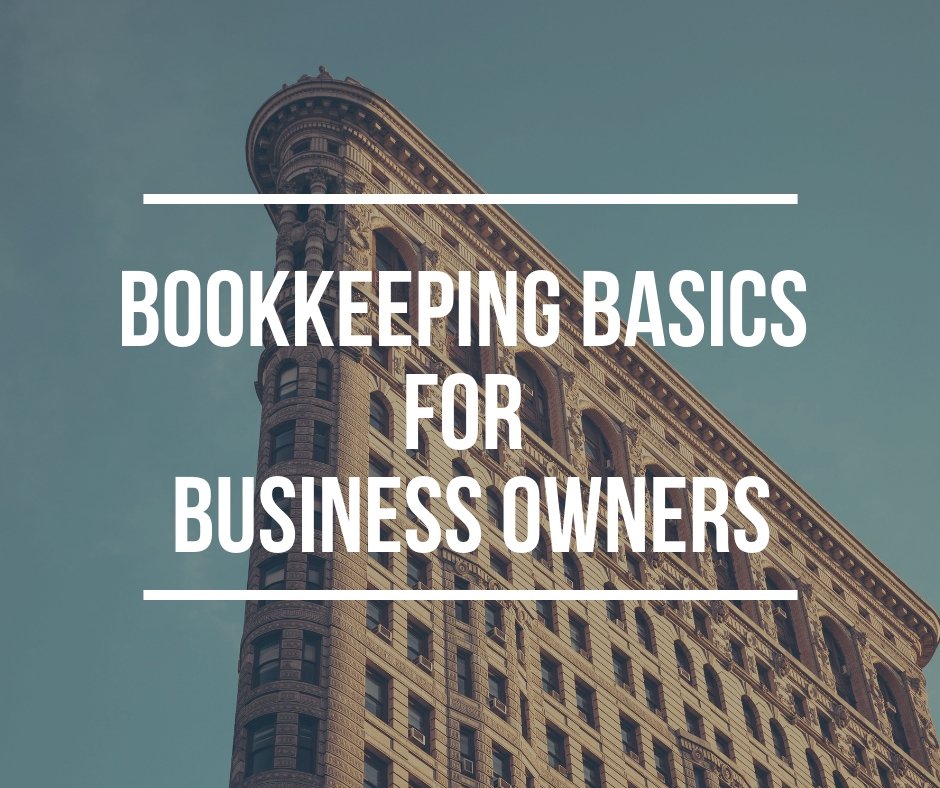- Home
- Bookkeeping Basics
- Bookkeeping Basics for Business Owners
Bookkeeping Basics For Business Owners
Know The Key Financial Principles
Do you know the key bookkeeping basics for business owners? Well, the first bookkeeping basic to consider is that no matter what business you’re in, you need money to make it run.
But simply having or making is not enough to successfully run a business. It also takes knowledge.
And one of the key pieces of knowledge a business owner or CEO needs to have is knowledge about their businesses bookkeeping.
Bookkeeping Basics for Business Owners - Money
A fundamental component of business financial understanding is having a clear grasp of the bookkeeping basics for business owners.
This is not the same as saying that you need to become a bookkeeper, or that you have to be one in your company who “does the books” (though that may actually be the case!)
It does mean gaining a familiarity and understanding of bookkeeping basics. This knowledge of money, financial ratios and management is not elusive, complicated, or difficult.
And having this knowledge will help you put in place
the necessary systems to control this crucial part of your business.
Bookkeeping Basics For Business Owners - Profits
Most small business owners are concerned primarily with profitability and with the equity value of the business. Yet, the value of your equity is directly proportional to how well your business functions.
How well your business functions is directly proportional to the effectiveness of the operating systems you have in place along with your ability to read your income statement and balance sheet.
But money is the fuel that powers your business. Everything your business does either uses or generates money in one form or another. If, for example, your business is consuming more money than it makes, you won’t have a business for long.
It is also essential to quantify the results your business produces. In one sense, your business is already quantifying itself for you since almost everything your business does directly or indirectly involves money.
The key, then, is to capture your financial information and
analyze it regularly, so you can use it to more effectively manage and build your
business.
Bookkeeping Basics For Business Owners - Tasks
 Business Owners Tasks
Business Owners TasksIt is essential to understand the different types of “accounts” your bookkeeper uses to organize your finances. Otherwise, measuring the efforts of your business strategies will be futile.
Just being good at sales or marketing, for example, isn’t enough if you don’t have a clear financial picture of your business and suddenly have cash flow problems.
Bookkeeping functions can be technical and complex. Fortunately, you don’t need to understand all of the details in order for you as a business owner, to run a successful business.
However, you do need a basic grasp of some of the concepts involved. Like any aspect of your business, if you are not an expert by trade you need to know just enough to be able to manage.
For now, let’s just summarize the accounts that your bookkeeper must track for you. Here are bookkeeping tips and basics of the 10 most common types of bookkeeping accounts found in a small business:
Cash Flows – Surprisingly, this is the lifeblood of a business, but the most overlooked account by owners. All of your business transactions pass through the Cash account. Which makes it so important that many bookkeepers use two journals to track cash activity – one for Cash Receipts and one for Cash Disbursements.
Sales (Revenue or Income) - The Sales account is where you track all incoming revenue, or income, from what the business sells. Recording sales in a timely and accurate manner is critical for knowing the financial metrics of where your business stands.
Purchases – Purchase are any raw materials or finished goods that you buy for making your products or services. It’s a key component in calculating “Cost of Goods Sold” (COGS), or “Cost of Services Sold” (COSS), which you then subtract from your Sales to determine the company’s gross profit.
Payroll Expenses - This is the biggest expense category for many businesses. Keeping the payroll expense account accurate and up to date is essential for meeting tax and other government reporting requirements. Typically, other deductible expense items such as productivity bonuses or sales commissions will be entered in a different account.
Accounts Receivable - If your company sells products or services and invoices customers, then you have “receivables” and you must track your Accounts Receivable. This is your money owed to you from customers and keeping it up to date is critical to ensure that you send timely and accurate bills or invoices.
Accounts Payable – This account tracks the money going out of the business. If you have a clear view of your Accounts Payable you have a better understanding of your company’s financial health. Good bookkeeping helps assure timely payments and avoids double payments. In many instances, paying bills early can earn your business discounts.
Inventory - Products you are ready to sell but are still on the shelves is money in your business that is just sitting there. This is why it must be carefully accounted for and tracked. The inventory figures in your books should be regularly checked by doing physical counts of inventory on hand.
Loans Payable - If you’ve borrowed money to buy equipment, vehicles, furniture or other items for your business, this account tracks the short and long term liability of what’s owed on these loans and what’s due.
Owners’ Equity – This account tracks the amount an owner puts into the business. Many small businesses are owned by a sole proprietor or as a partnership. Since these businesses are not incorporated, there are no stock shares to divide up share of ownership.
Money put into the business is tracked in Capital accounts, and any money taken out appears in Drawing accounts. Consequently, your books should carefully record all Owners’ Equity accounts.
Retained Earnings - The Retained Earnings
account tracks any of your company’s profits that are reinvested in the
business and not paid out to the owner, or owners. Retained earnings are
cumulative, so they appear as a running total of funds retained since the start
of the company.
Bookkeeping Basics For Business Owners - Analyze
 Bookkeeping Basics Analyze
Bookkeeping Basics AnalyzeIf you aren’t utilizing predictive accounting or reading and analyzing your financial statements then you don’t really know your business.
If you read them but don’t understand them, you can’t know your business and you can’t manage your business effectively.
As the owner, or CEO, your financial statements are the single most revealing picture of your business, how it’s performing, and its general state of health.
Here is a bookkeeping tip: Do you ever wonder why bankers, investors, and other prospective buyers want to see your financial statements?
Because they understand that they can learn more about your business in the shortest amount of time from your financial statements than from anything you or your CFO tells them. And you can, too.
Bookkeeping Basics For Business Owners - Author
Stephanie Horne is an experienced bookkeeper and Enrolled Agent. She is the owner and founder of Horne Financial Services in Rohnert Park, California along with this website and has over 20 years of in person, virtual and outsourced bookkeeping/accounting and tax preparation experience with businesses of all sizes.
Her love and passion is to work individually with business owners and families to help alleviate any financial stress or concerns by helping them to understand and have better control of their income, expenses, cash flow, and tax liabilities.
More Bookkeeping Basics
- Bookkeeping 101 Financial Ratios
- Bookkeeping 101 For Business Owners
- Bookkeeping 101 For Partnerships
- Bookkeeping 101 Chief Financial Officer
- Bookkeeping Basics Bookkeeping Basics
- Bookkeeping Basics And Cash Flow
- Bookkeeping Basics For Business Owners
- Bookkeeping Basics Key Financial Metrics
- Bookkeeping Basics Predictive Accounting
- Bookkeeping Basics Bookkeeping Tips
Please subscribe to my monthly newsletter, Bookkeeping Basics E-zine. It tells you every month about the new information that I have added, including some great tips and advice from myself and other Bookkeeping Basics readers.
Like Bookkeeping-Basics.net?
- Home
- Bookkeeping Basics
- Bookkeeping Basics for Business Owners
















New! Comments
Have your say about what you just read! Leave me a comment in the box below.